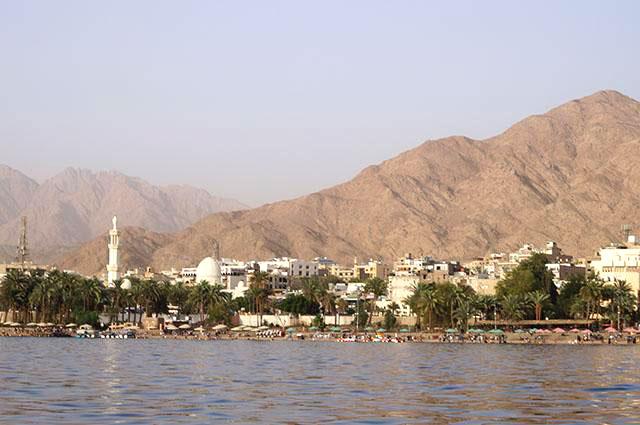- Local News
- Thu-2020-08-06 | 03:54 pm

Prior to the holiday, a sector representative at the Jordan Society of Tourism and Travel Agents (JSTA) told The Jordan Times that the occupancy rate in Aqaba and Wadi Rum was expected to reach 100 per cent.
"The occupancy rate did not exceed 50 to 55 per cent during Eid Al Adha on average,” Yousef Malak, commercial director at a hotel in Aqaba, told The Jordan Times on Wednesday over the phone.
Malak said that the day before Eid, on the level of five-star hotels, the occupancy rate stood at around 30 per cent, and that the highest rates were on August 1 and August 2 at 80 and 60 per cent. However, the average rate for the entire holiday stood at around 50 per cent.
An employee at a three-star hotel said that the occupancy rate did not exceed 50 per cent, noting that there was not a lot of traffic, describing this as "the worst Eid season” compared with previous years.
He added that there was” no pressure at all”, and work was going on as usual.
"The occupancy rate barely reached 40 per cent during the entire holiday,” an employee at another hotel said, noting that the situation was similar in the whole market.
While people reported a lot of traffic in Aqaba during the holiday; however, visitors told The Jordan Times that most people visited the southern beach and either slept in their cars or set up tents on the beach in order to avoid staying at hotels, which they said is allowed.
Owner of a camp in the Wadi Rum, who preferred not to be named, said that tourism has been hit hard since the onset of the pandemic.
"At our camps we offer the bedouin experience, but when the coronavirus crisis hit, other camps that have air conditioning and luxury facilities lowered their prices significantly,” the owner said, noting that there were barely any visitors to most regular camps.
Before Eid, head of the domestic tourism committee at JSTA Rafe’ Tahat expected domestic tourism to boom in light of restrictions on international flights, and highlighted the available trips through the Ministry of Tourism’s programme "Urdun Jannah”.
The Jordan Times attempted several times to contact Tahat to follow-up on the figures, but he was unavailable for comment.









